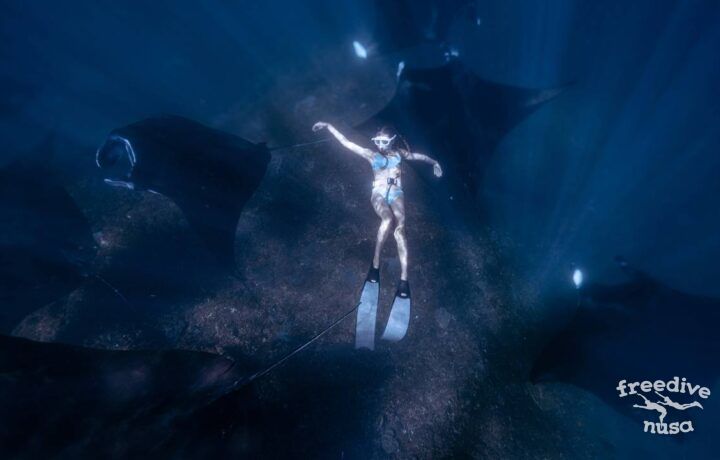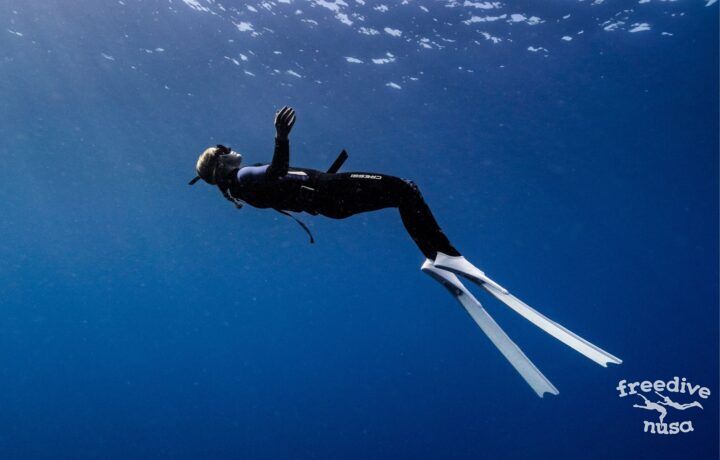In this article, we want to move a bit away from our main topic – freediving and turn to snorkeling as the closest, much better-known, and much wider in-water activity.
Snorkeling is a breathtaking way to experience the wonders of the underwater world, but like any water activity, it comes with its own set of risks. Whether you’re exploring a vibrant coral reef or gliding over a tranquil lagoon, following these seven simple safety tips will ensure you have an enjoyable and safe snorkeling experience.
1. Protect Yourself from the Sun and Marine Hazards
The sun’s rays can be harsh, especially in tropical waters. Even on cloudy days, UV radiation can cause painful sunburns. To protect your skin, always apply reef-safe sunscreen before entering the water, and reapply regularly. A rash guard or swim shirt not only shields you from harmful UV rays but also helps protect you from scrapes or stings from marine life, such as jellyfish.
Be mindful of the risk of jellyfish stings—some species are capable of delivering painful and even dangerous bites. Wearing a full-body suit or a rash guard will offer an extra layer of protection against this.
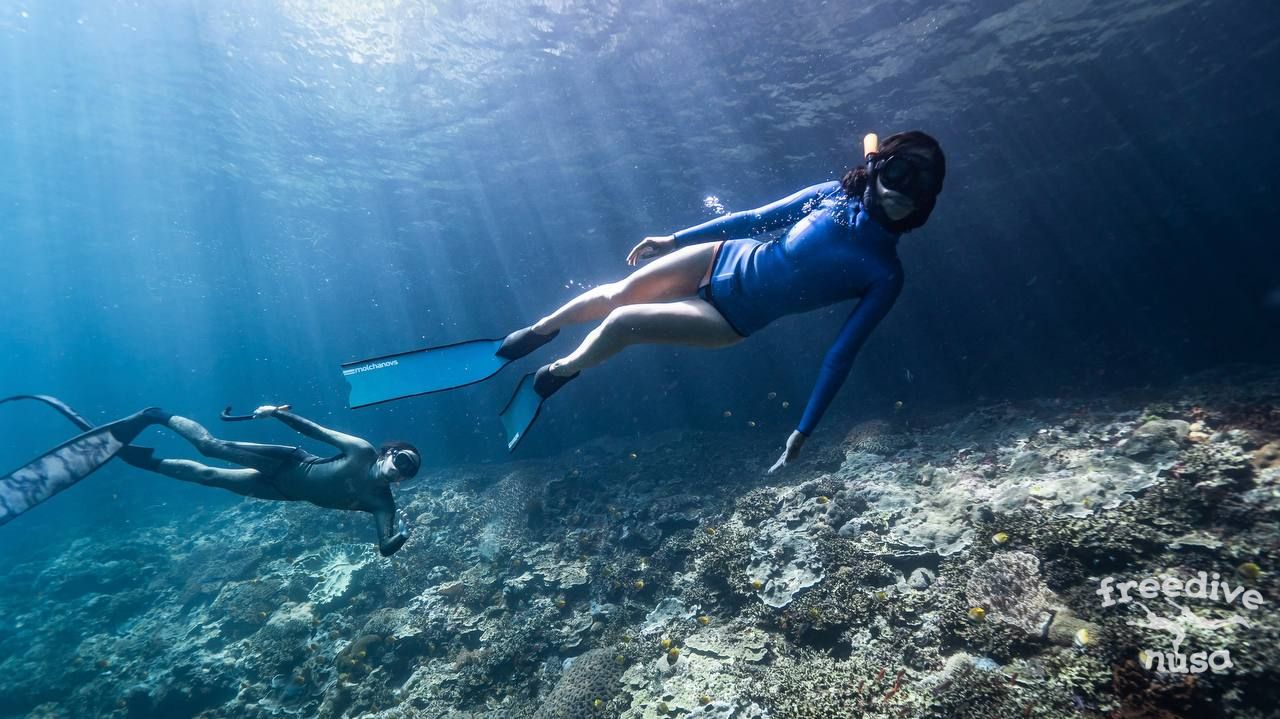
2. Respect Marine Life: Keep Your Distance
One of the most important rules in snorkeling is to never touch or chase marine life. While it might seem tempting to get up close with colorful fish or majestic sea turtles, remember that these animals are living creatures and should be treated with respect.
Maintain a safe distance—at least 2 meters—from any marine animals, including sharks, rays, and other fish. Disturbing their natural behavior can not only stress the animals but can also provoke them to react defensively. Some species, like triggerfish and moray eels, may exhibit aggressive behavior if they feel threatened.
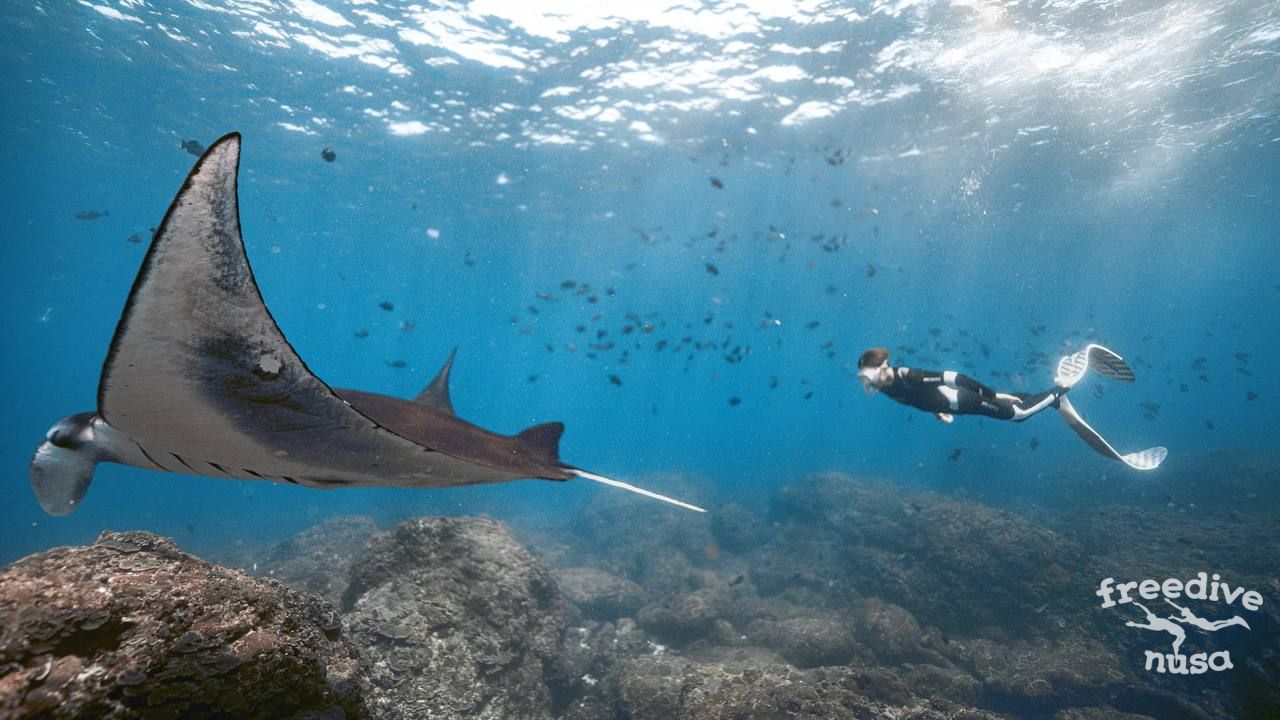
3. Don’t Feed the Fish
Feeding fish is not only discouraged, but it’s often illegal in many areas. When you feed fish, you’re disrupting their natural diet, which can lead to harmful long-term effects on the ecosystem. It can also attract larger, potentially dangerous predators, such as sharks.
Additionally, feeding fish can cause them to lose their natural fear of humans, which might lead to unwanted encounters. Always resist the urge to feed the wildlife, and never attempt to interact with them by offering food.
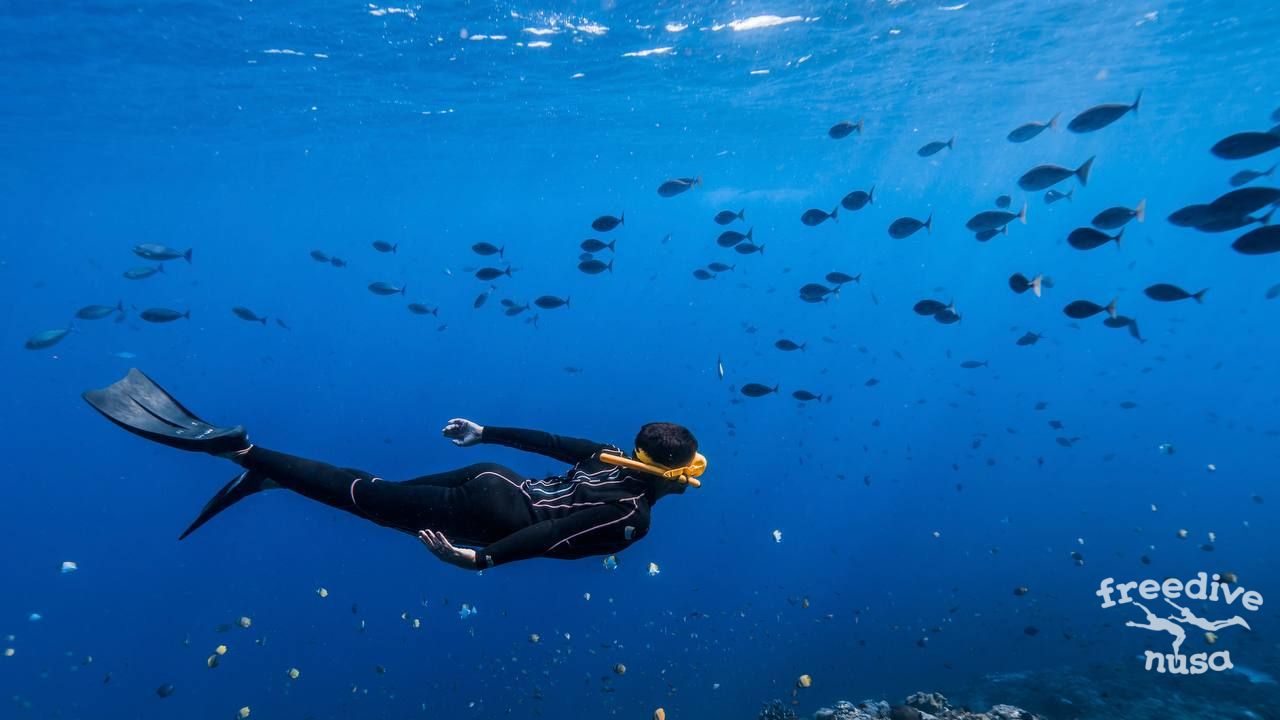
4. Stay Aware of Water Conditions and Currents
Before heading into the water, always check for any potential hazards such as strong currents or tides. Some locations may have unpredictable currents that can pull snorkelers out to deeper waters or push them toward rocks.
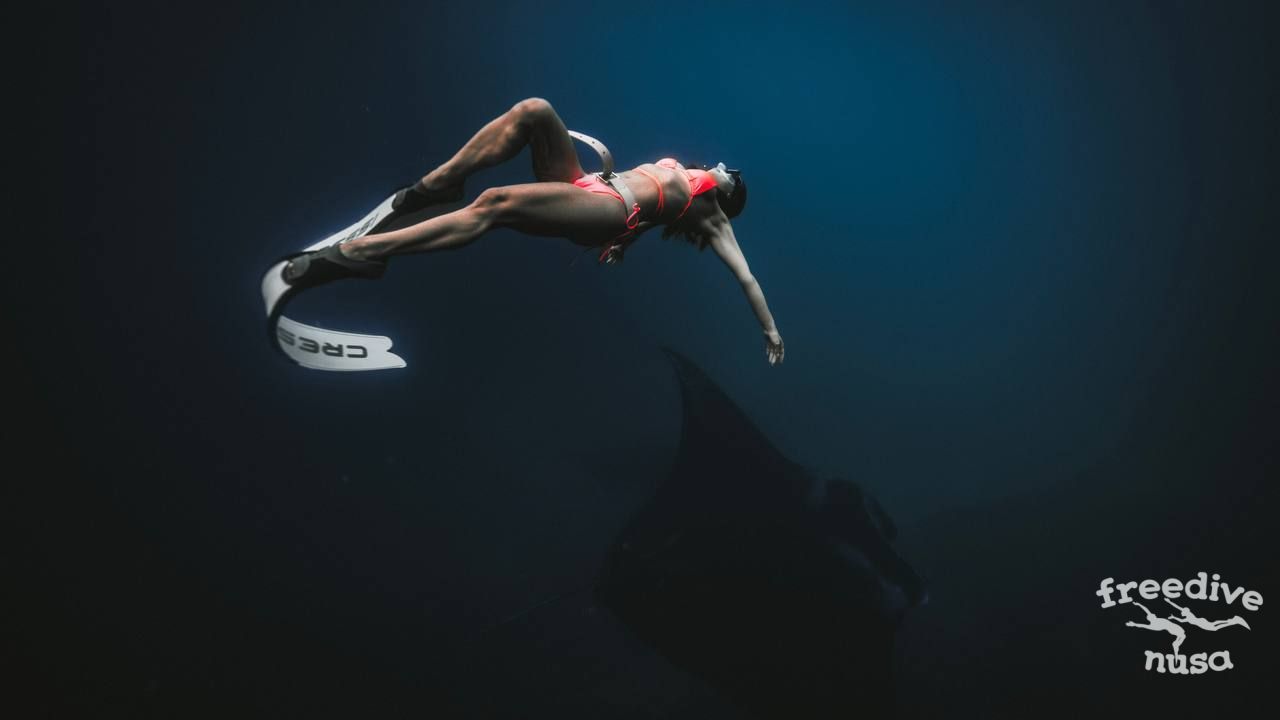
5. Never Snorkel Alone
Going in a group adds a layer of safety, as your companions can help you in case of an emergency. If you’re not an experienced swimmer, always wear a life jacket or a buoyancy vest. Even calm waters can have hidden risks, and it’s best to be prepared.
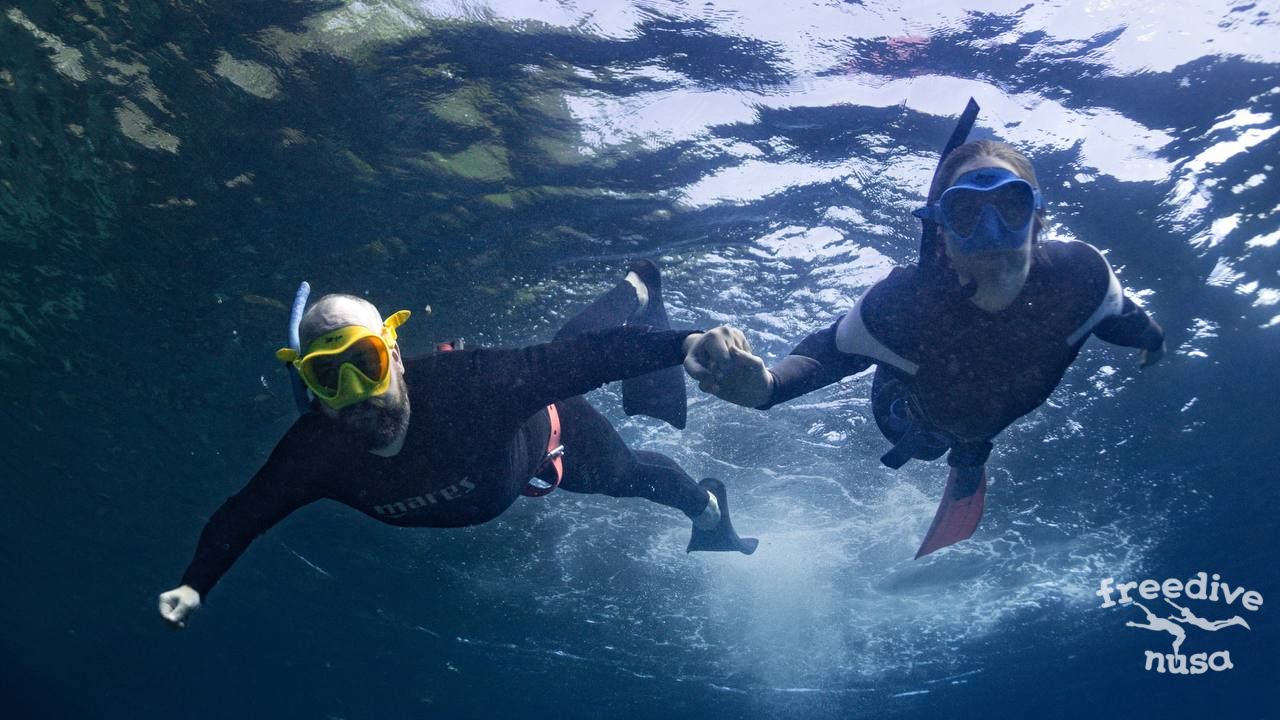
6. Avoid Sharp Objects and Marine Life
While exploring the underwater world, be careful where you step or swim. Coral reefs are fragile ecosystems, and touching or standing on them can cause irreversible damage. Not only does this harm the reef, but you risk injury from sharp coral edges.
Likewise, avoid stepping on or getting too close to marine animals that might be camouflaged on the seabed. Sea urchins, for example, have sharp spines that can cause painful injuries if you accidentally step on them. Many species of rays and sharks also rest on the ocean floor, and you may not notice them until it’s too late.
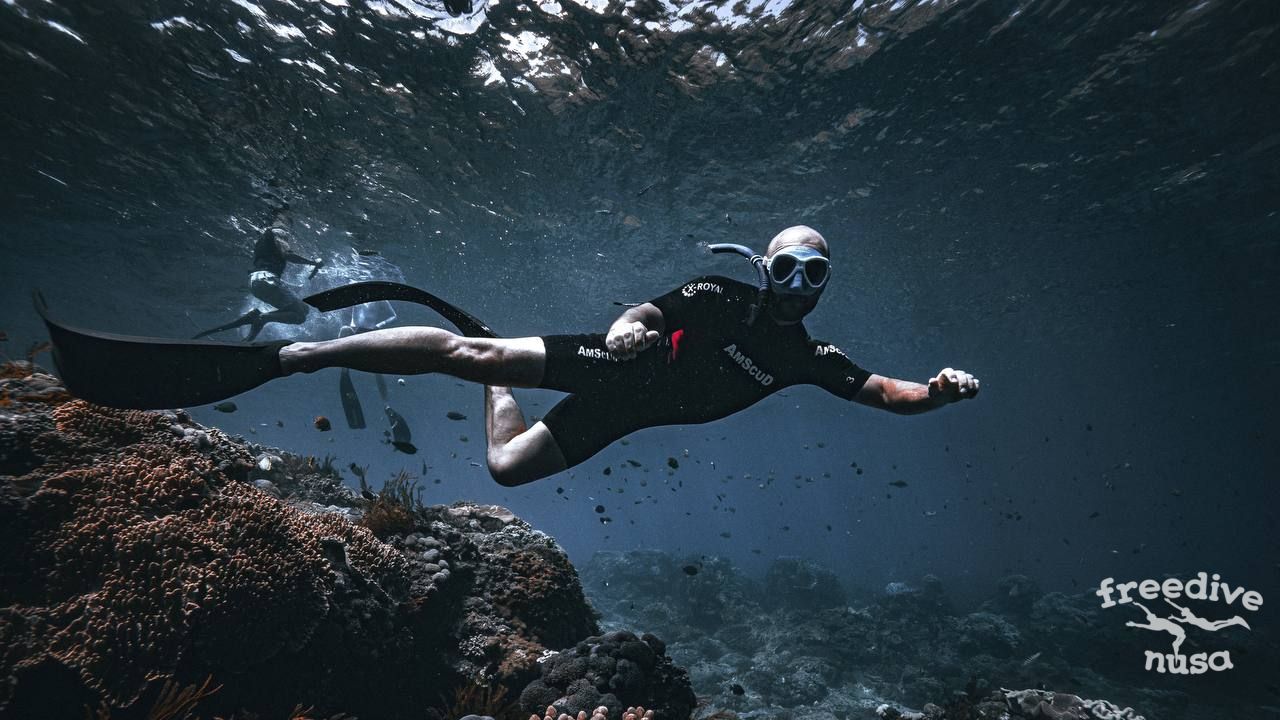
7. Learn the Basic of Freediving
Freediving is the next step for anyone who loves snorkeling. It helps you explore the underwater world more fully while boosting your confidence and improving your safety in the water.
You don’t need to be an athlete or hold your breath for minutes to start freediving. It’s all about learning to control your breathing, understanding your body, and feeling at ease in the ocean. With just a few basics, you can transform your snorkeling experience into something safer, more exciting, and truly unforgettable.
Programs like our Try Freediving Course offer an easy introduction, while the Wave 1 Course is perfect for building a solid foundation. Take the plunge and discover how freediving can transform your underwater adventures!
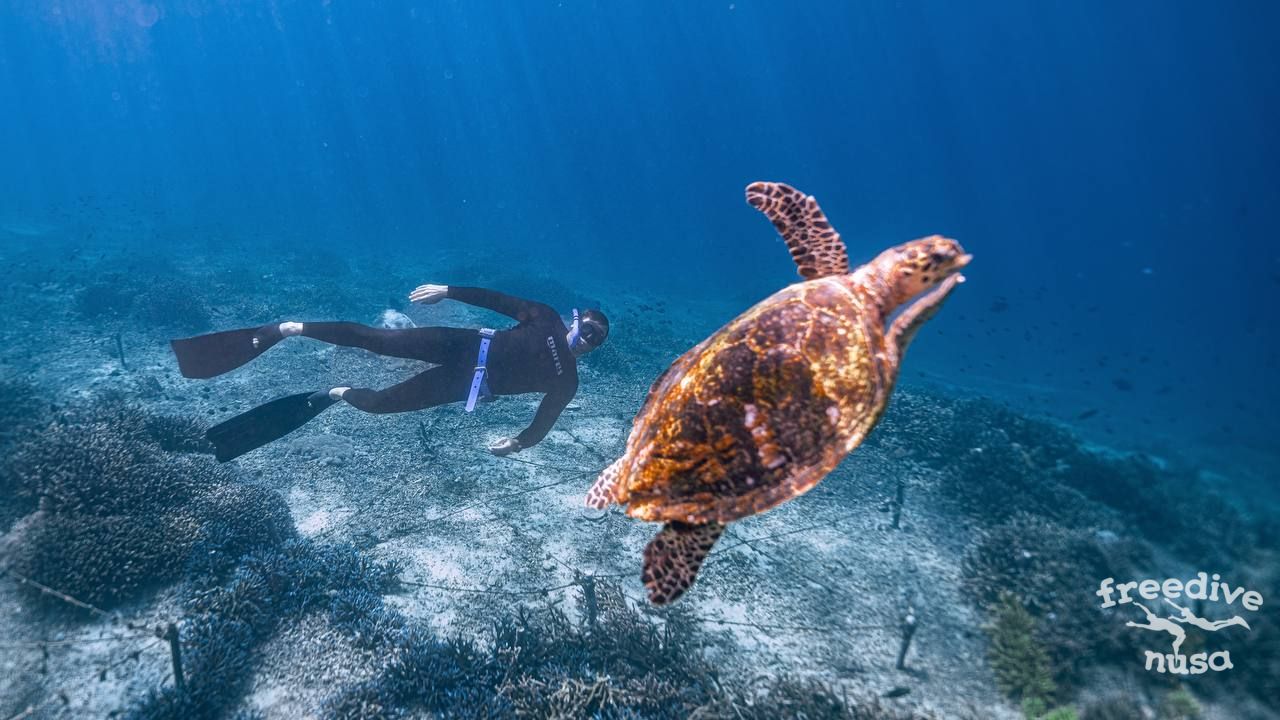
By following these seven key safety tips, you’ll not only protect yourself but also preserve the delicate marine ecosystems you’re exploring. Snorkeling is an amazing experience, and when done responsibly, it can provide unforgettable memories of the vibrant underwater world. Always respect the ocean and its creatures, and your time in the water will be both safe and rewarding.

